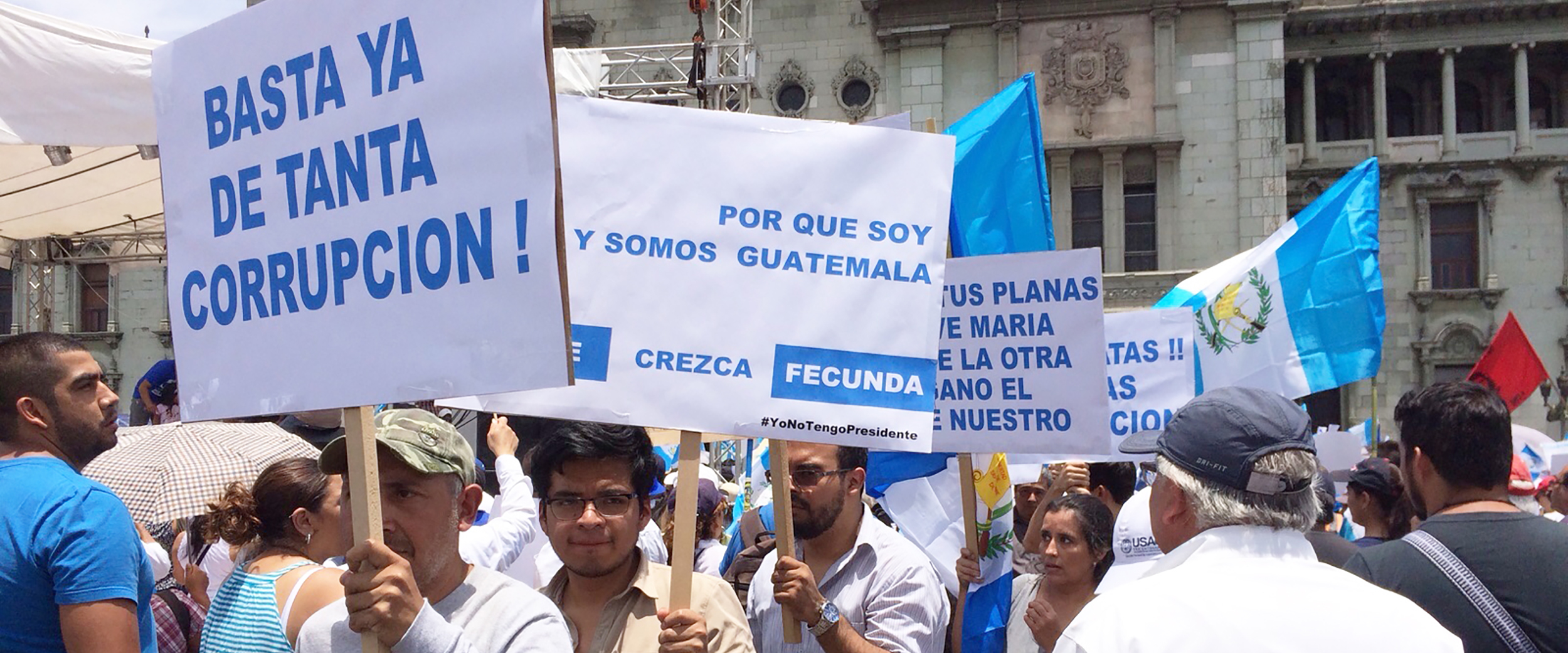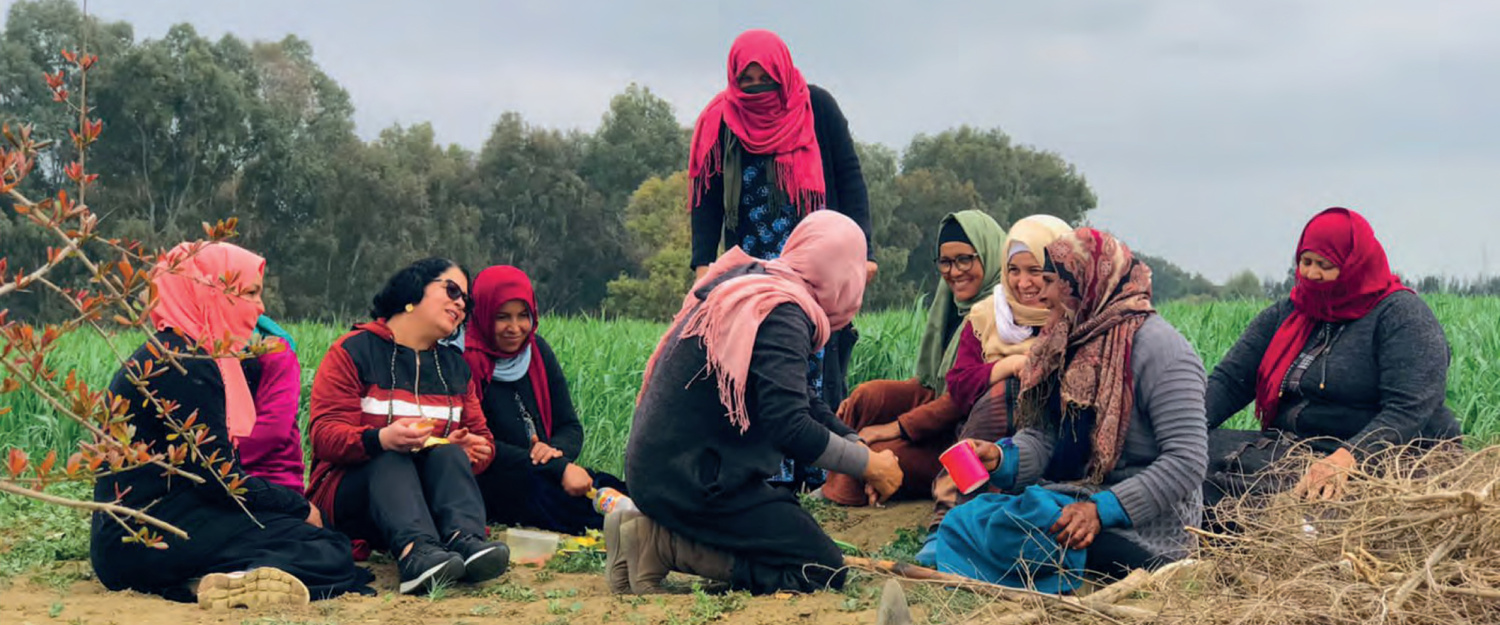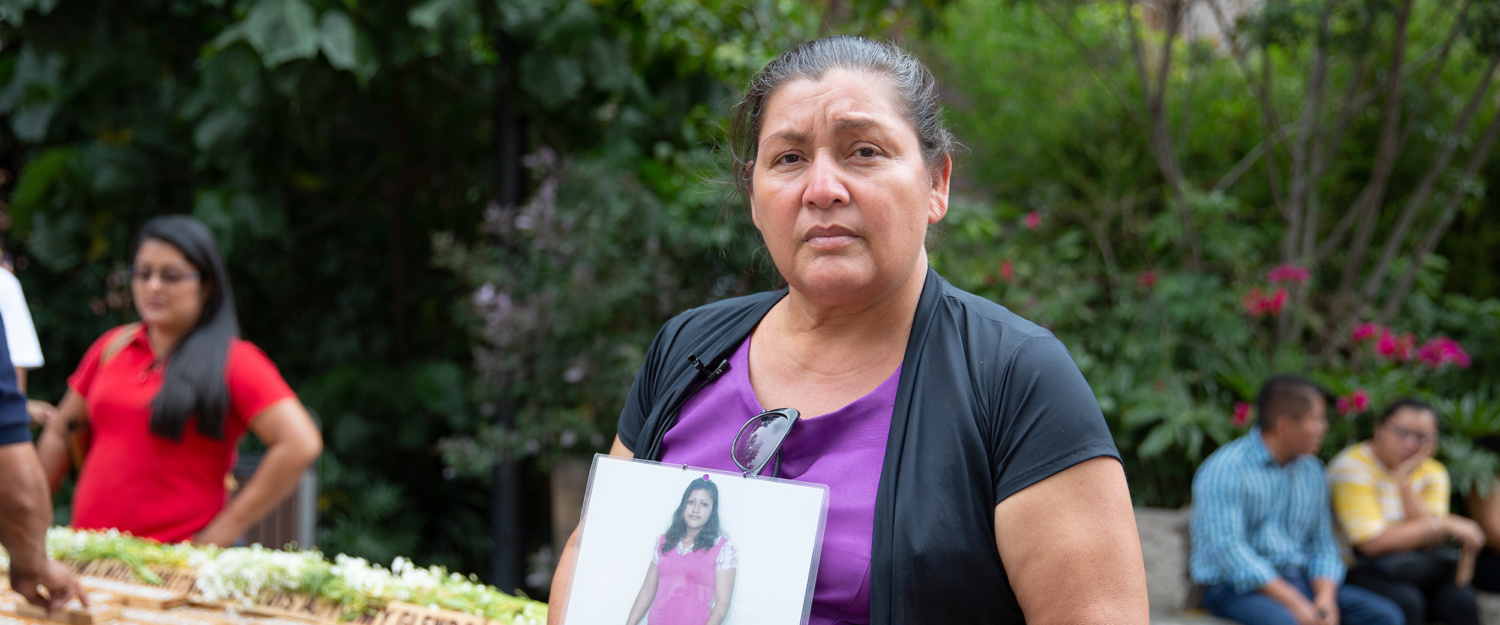
Countering Corruption through Social and Behavior Change
Offering an approach to strengthen global anti-corruption efforts
What is wrong with corruption?
Corruption negatively impacts millions of lives across the globe. Petty corruption, such as bribery or cronyism, erodes trust in basic services and institutions, while large-scale kleptocracy steals public resources meant to deliver critical services to communities in need. Corruption impacts the delivery of health care, the safety of infrastructure, the livelihoods of families, and access to justice. Fighting it is key to strengthening democratic institutions, advancing equity, and building trust in our leadership and our community. Too often, anti-corruption efforts focus exclusively on technical and policy solutions without addressing the social norms, dominant narratives, and enabling environments that allow it to flourish. Can applying social and behavior change (SBC) approaches to anti-corruption work make a difference?
The United States Agency for International Development (USAID) Anti-Corruption Task Force commissioned Metropolitan Group to conduct research on the use of SBC approaches to address social norms and behaviors related to corruption, and develop recommendations on how SBC approaches might be used to improve current and future anti-corruption activities.
What did we do?
MG conducted a qualitative research scan and analysis drawing lessons from five anti-corruption case studies that utilized some SBC approaches or elements:
- The International Commission Against Impunity in Guatemala (Guatemala)
- The Construction Transparency Initiative (Malawi)
- The Anti-Impunity and Gender Equality Initiative (Mexico)
- Maia Sandu and the Party of Action and Solidarity (PAS) (Moldova)
- Addressing Bribery in the Health Sector (Tanzania)
We sought to understand how SBC approaches have been harnessed to influence decisions, norms, and behaviors around corruption, and how social-norm sensitivity and the use of social nudges might inform such programming going forward.
What happened?
MG found that the use of SBC to change behaviors, attitudes, and norms related to corruption is still a nascent approach and is often poorly understood and underutilized. There is an opportunity to demystify this approach among anti-corruption implementers and partners to help them identify where they are already utilizing SBC elements, where more robust elements and approaches may be appropriate or useful, and how to analyze these impacts on key norms and behaviors. MG’s final report, “Countering Corruption Through Social and Behavior Change,” presents the findings identified through five case studies of anti-corruption initiatives that utilized some SBC approaches or elements. It explores how the use of specific approaches such as deep stakeholder engagement and power mapping, identification of values and decision drivers, trusted messenger activation, social nudges, or the use of hope-based narratives impacts anti-corruption efforts. It also identifies gaps and opportunities to build, test, and evaluate effective models and increase the evidence available to the field.


